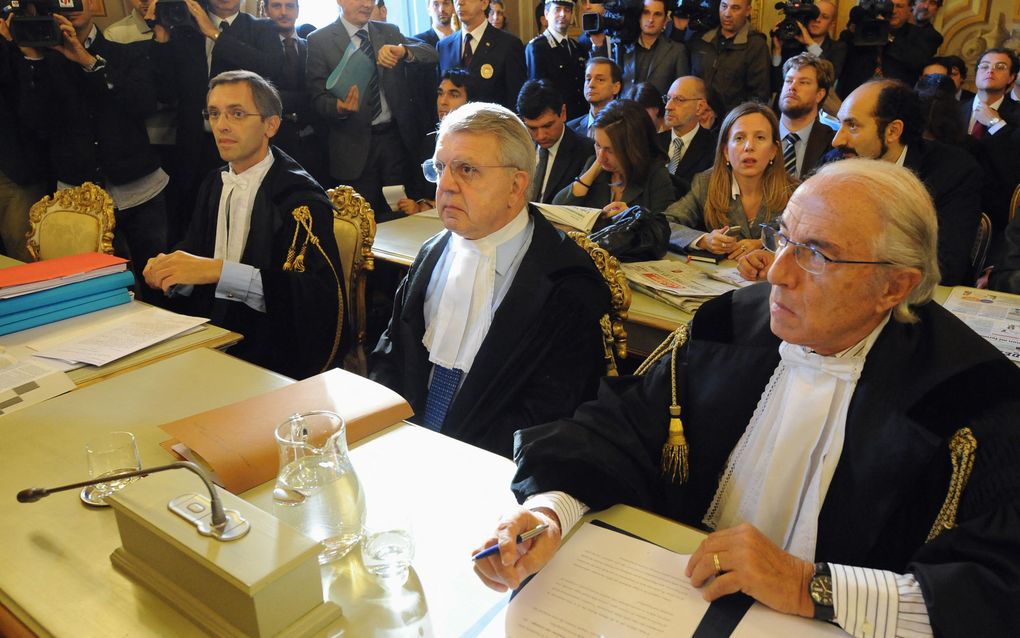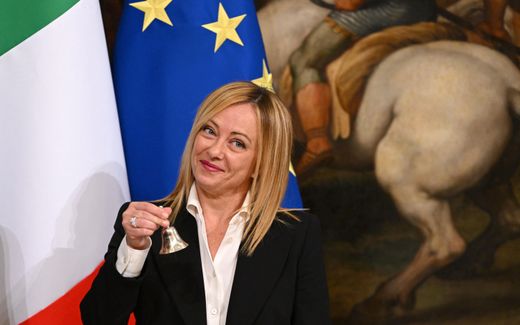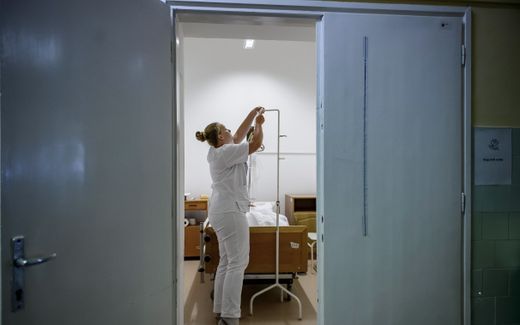First euthanasia case in Italy under regional law

Lawyers at the Constitutional Court in Italy. Photo AFP, Alberto Pizzoli
Southern Europe
Italy has its first case of legal euthanasia. The western region of Tuscany decided on a law for assisted suicide in February this year despite the conservative views of the national government. The Constitution Court has given its approval in 2019 already.
Stay up to date with Christian news in Europe? Sign up for CNE's newsletter.
In Italy, bioethical issues such as euthanasia take place within a context of legislative gaps, bureaucratic confusion, and intense ideological clashes. The recent case of Daniele Pieroni, a 64-year-old man suffering from Parkinson’s disease, has brought the topic back to the centre of public debate.
Pieroni, a poet and awarded writer, had been living for a long time with a PEG (tube feeding) due to severe dysphagia. This condition made him dependent on life-sustaining treatments for most of the day.
However, Pieroni officially did not have a legal way to end his life at a chosen time. Currently, there is no national law on self-determined death in Italy, and active euthanasia remains a crime under the Penal Code of the country.
Nevertheless, Pieroni was able to access assisted suicide thanks to a regional law, the only one of its kind in Italy, regulating this practice. The Tuscany region, governed by the centre-left, passed a law that allowed self-determined death. The regional authorities referred to the guidelines given by the Constitutional Court in a 2019 ruling. The court then ruled that Italy must create legislation that regulated self-determined death to fill the gaps in the law.
However, the legitimacy of a regional regulation on a matter of national interest, such as end-of-life care, is currently under discussion. The Meloni government has challenged the law, arguing that the issue should be regulated nationally.
In 2019, a ruling by the Constitutional Court (No. 242/2019) partially decriminalised assisted suicide already under specific conditions, following the landmark case of DJ Fabo (Fabiano Antoniani). Antoniani, a Milanese artist who became tetraplegic and blind after an accident, chose to travel to Switzerland for assisted suicide. He was accompanied by Marco Cappato of the Luca Coscioni Association, which has long campaigned on euthanasia issues.
Upon returning to Italy, Cappato self-reported, sparking a broad public and legal debate challenging the law that criminalised the instigation of suicide. This case, which reached the Constitutional Court, significantly changed the Italian legal framework.
The Constitutional Court ruled that assisted suicide is not punishable if all the following conditions are met simultaneously:
- Irreversible pathology
- Intolerable physical or psychological suffering
- Dependence on life-sustaining treatments
- Full capacity to understand and make decisions
- Verification of the process by a public health facility and a local ethics committee
Care
The Court demanded that the State enact a law regulating end-of-life care, along with the decriminalisation of assisted suicide under these conditions.
This ruling encouraged the Tuscany region to proceed with a regional law. In Italy, the National Health System has progressively shifted responsibilities and organisation to regional governments, leading the Tuscan administration to consider legislating on end-of-life matters without waiting for a national law.
Shortly after the regional law came into effect, Pieroni requested to be evaluated for assisted suicide, and his PEG dependency qualified him under the Court’s ruling. This is the first medically assisted suicide case in Italy, regulated by law. However, the current government deems the law illegitimate.
The euthanasia issue in Italy cyclically resurfaces in public debate, often linked to personal stories of people with irreversible illnesses seeking to end their lives. However, the debate remains polarised between the Catholic tradition, which opposes euthanasia and upholds the sanctity of life unconditionally, and progressive movements, which claim individual freedom of choice above all else. These two camps dominate Italian public discourse, rarely allowing other voices to be heard.
This polarisation has delayed the approval of clear legislation for years. Only in 2017 was a law passed on informed consent to medical treatments, which allows for avoiding futile medical interventions when the patient is not consenting.
A specific law on end-of-life care is still lacking. At the same time, coinciding with Pieroni’s case, the Meloni government announced plans to initiate dialogue on such legislation as urged by the Constitutional Court while maintaining the political stance that suicide is not a right and emphasising the role of palliative care.
Following Tuscany’s lead, other centre-left-led regions are proceeding with provisional regional resolutions. Thus, the Constitutional Court ruling has opened a scenario where, among Italy’s 20 regions, only one has a regulation recognising medically assisted suicide as a right; others refer to the exemption from persecution of assisted suicide without stable procedures; and some have no regional health system references on end-of-life care at all.
Related Articles









